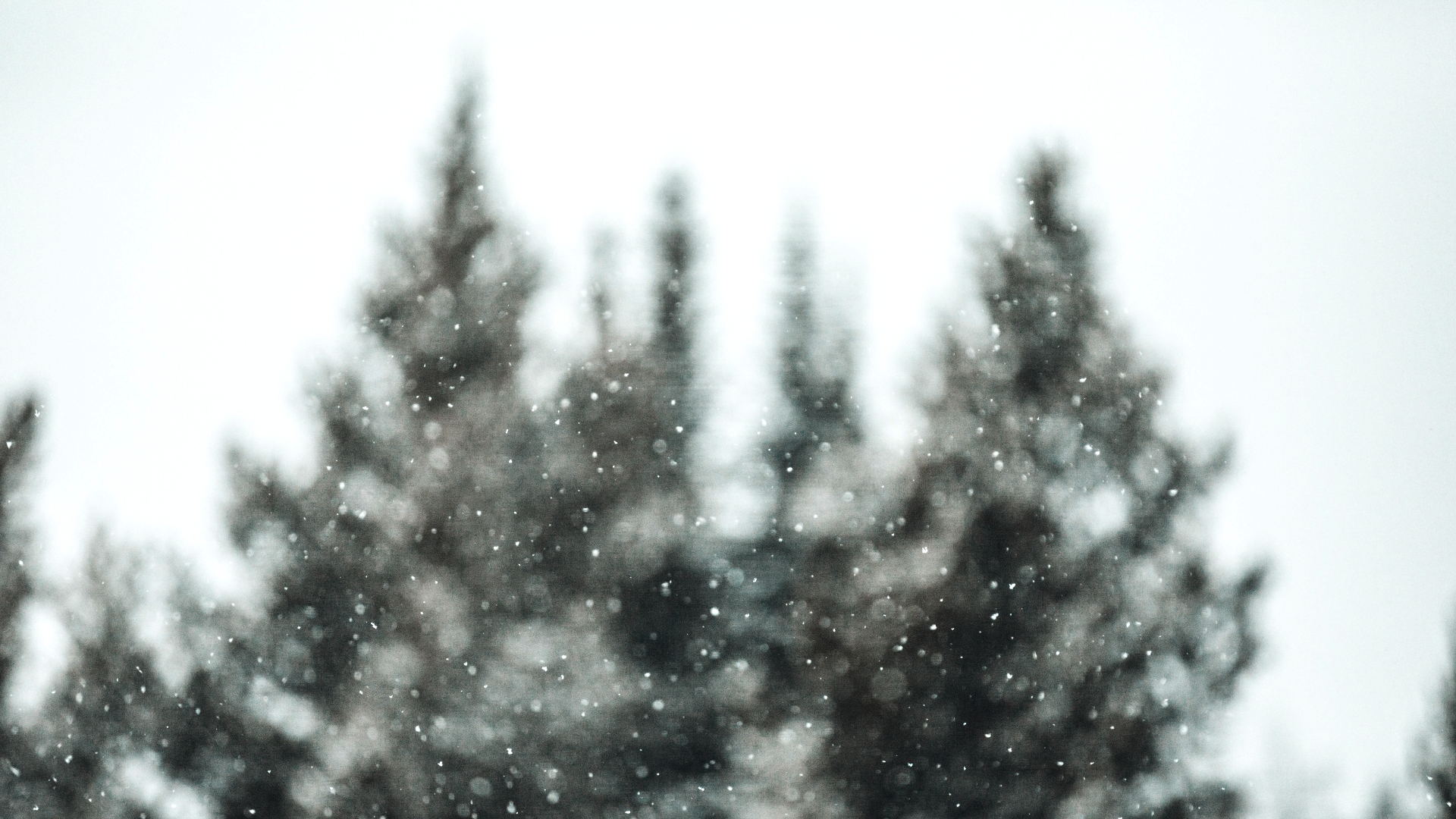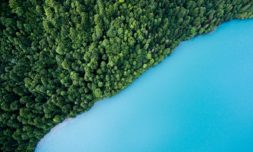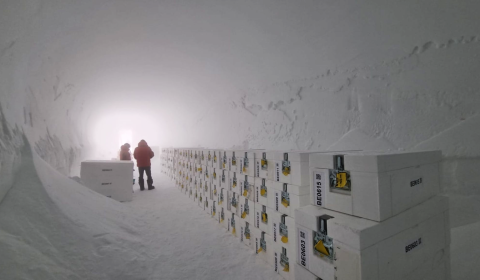What will a warming climate do to our chances of getting Christmas snow around the globe? You may think it’s obvious, but let’s have a proper examination.
If the phrase ‘No sh*t Sherlock’ is already running through your head, chill. We promise you’ll learn something here today.
The cultural imagery surrounding Christmas has ubiquitously featured glistening carpets of snow, even in the Southern hemisphere, where the holiday lands in mid-summer.
But, as climate change messes with the equilibrium of the world’s weather patterns, can we expect these wintery scenes to diminish – or at least become rarer – in the future?
Don’t stick your mittens on Vinted or Depop just yet, it’s more complicated than you’d think.
The biggest glacier in Italy's Alps collapsed, killing at least 6 people, one day after it experienced it hottest temperature on record: 50°F.
Scientists say the tragedy is "linked directly to climate change." Rescuers say chances of finding 15 people missing alive are slim. pic.twitter.com/I6inzAATK3
— AJ+ (@ajplus) July 4, 2022
Sayonara white Christmases?
As we’ve established, the world is getting hotter. Please ignore those sections of Twitter, they don’t deserve the attention.
Science shows the planet has warmed by around 1.1C since the start of the industrial revolution, and we’re on a dangerous trajectory to exceeding 3C by 2030 without radical emission cuts.
The last eight years in particular have seen the hottest average temperatures on record. Failing to curtail this trend intuitively suggests that white Christmases largely will die out for many of us… sorry if that’s dented your festive spirit.
‘White Christmases were more frequent in the 18th and 19th centuries,’ says the UK Met Office, which also ratified that today’s scarcities are attributed to ‘higher temperatures over land and sea.’
Even in regions of Europe where snow has always been a given, like the Alps or Scandinavia, barren December’s aren’t an entirely barmy prospect.
Scientists have already predicted a ‘significant decrease in snow depth’ in the Pyrenees in the next half-century, and 2021 research has posited that snow days in the Alps will halve in frequency by 2100 if emissions stay high.
The same study says mountains with a peak of 2,500m will lose nearly three months of snow days, while those below 500m will record just five annually. Skiing could potentially get even more exclusive. Imagine that.
That fate isn’t yet sealed, however, and bringing pollution levels down to the mandate of the Paris Agreement would reportedly save up to 80% of snow days within these regions.
In areas that are already relatively mild, like the UK, Germany, or Italy, hotter and dryer summers have lessened the odds of snow to ‘about every five to eight years,’ according to climate researcher Peter Hoffmann.




















